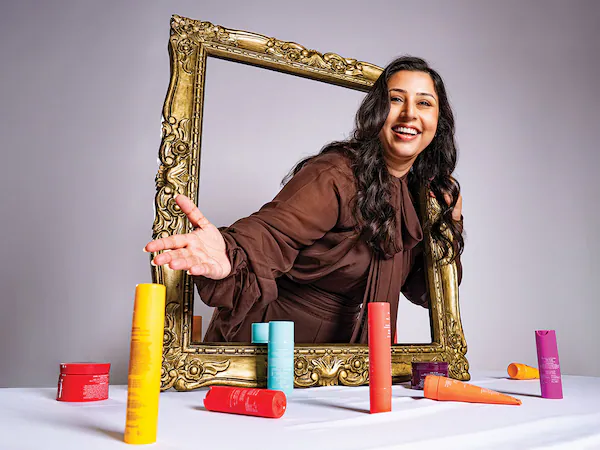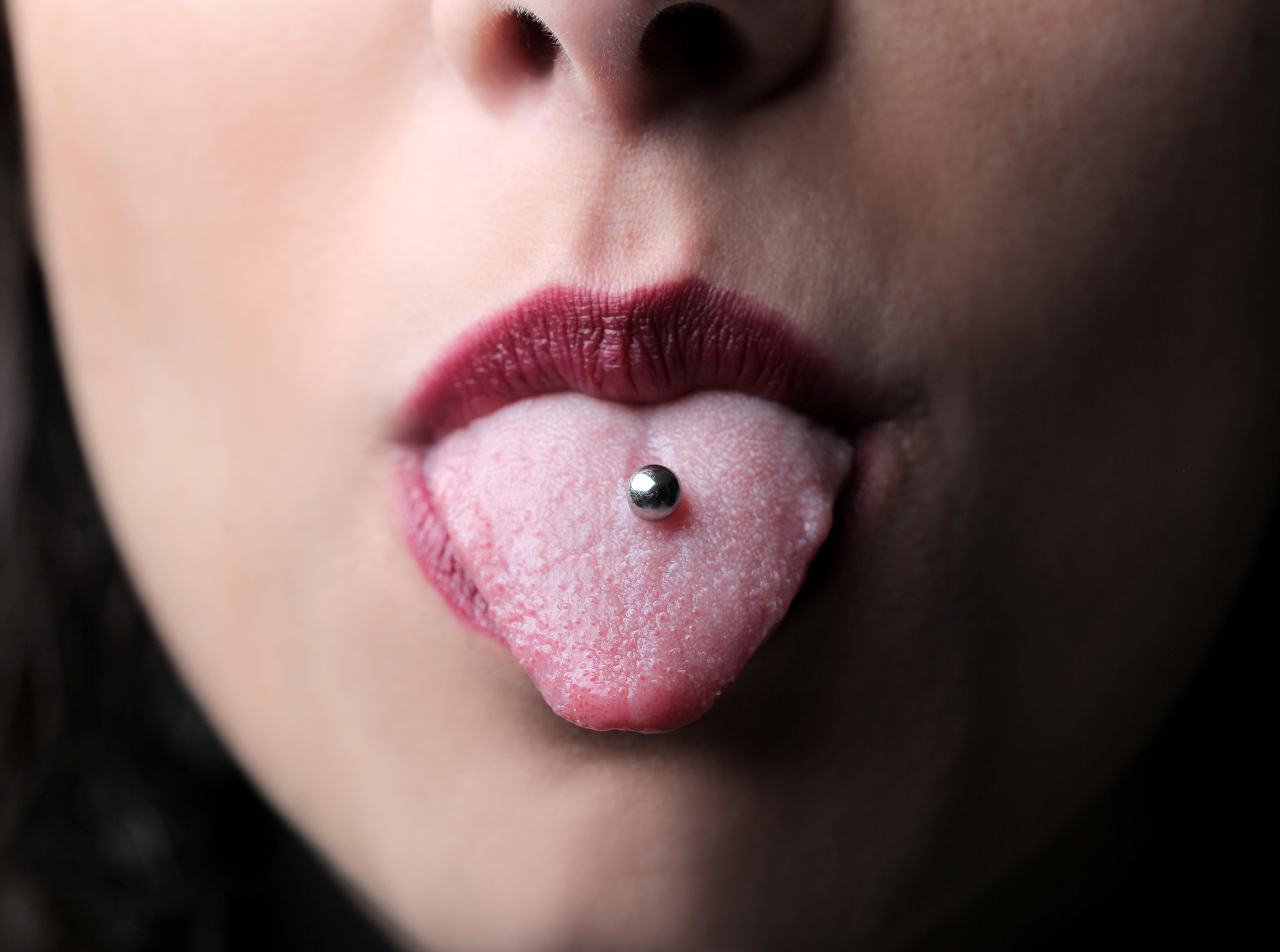More and more people get body piercings each year. In fact, around thirty-five percent of people report having some form of piercing.
Are you thinking about jumping in and getting your first piercing? Are you worried about the risk of infection and other complications?
We can help.
Let’s go through what you need to know about piercing aftercare.
Table of Contents
Consider the Type of Piercing
The type of piercing you get will affect your aftercare procedure. Different types of piercings may need to be cleaned more or less often. They may require using different products to keep them clean.
Lobe piercings, which many people have, are easier ones to keep clean and healthy. Surface piercings can be a lot more difficult to maintain.
Choose the Right Metal
The metal you choose for your piercing can impact its longevity – and how you care for the piercing. If you’re allergic to any metal, of course, you’ll want to steer clear.
Ideally, you should choose a hypoallergenic metal, just in case you happen to have an allergy you don’t know about. Many piercing parlors use stainless steel, but you can also ask about your other options.
Make sure you’re buying earrings from a reputable place. Check out gauge earrings options, for example.
Stay Hygienic
Keeping your new piercing infection free isn’t just about keeping the area around the piercing clean. You also keep the rest of your body neat and tidy, particularly your hands and any other area that could make direct contact with your new piercing.
Bacteria and other debris can transfer, after all, which will defeat the purpose of all your hard work and maintenance. Always thoroughly and carefully wash your hands before and after touching your new piercing.
But you should wash them after you touch anything that could cause a problem, too – just in case you touch your new piercing by accident.
Pick the Right Piercing Parlour
Having clean piercings has to start from when you get the piercing itself. Don’t just get your next piercing from the first place you see. Look around for places with good reviews.
Stay away from mall chain stores, especially ones that use guns to do their piercings. You may not realize, but those guns can actually increase your risk of infection.
Tattoo parlors are a great choice for getting piercings. They almost always use needles to do their piercings, which tend to be more hygienic than other methods.
They also usually have to follow strict hygiene regulations set by the government, which may not be true of the mall kiosks.
And tattoo parlors are used to giving people thorough hygiene instructions to keep their tattoos looking their best, so they’ll be able to give you the information you need and answer any questions you might have.
You may want to ask about their safety procedures before you sit down and get a piercing yourself. Ensure that the person doing the piercing always wears gloves. Ask about their sterilization procedures, to see if they’re adequately sterilizing their equipment after every piercing.
Avoid Bad Behaviors
There are some things you shouldn’t be doing with a new piercing. First and foremost, don’t play with it. This will increase your risk of infection.
Don’t jump straight into a pool, either. Wait until your piercing is fully healed before you swim without your new piercing properly covered.
Don’t change your piercing too quickly, either. This can irritate the new wound – or it could cause your piercing to close over.
Bad behaviors can also differ based on the piercing you choose. For example, if you get a tongue piercing, you’ll want to be careful about the food you eat. Some ingredients might irritate your new piercing. You should also stay away from smoking for the first little while after you get a tongue or lip piercing.
Shower Right
You may not think it, but when you shower you can actually risk damage to your new piercing. Ideally, you should be cleaning out your new piercing after you shower to ensure that none of your beauty products have actually contaminated your new piercing.
Keep any makeup away from your piercing whenever possible, along with perfumes or other products that could irritate it. Always rinse ear or facial piercings thoroughly after you wash your hair, just in case something’s gotten into your new piercing.
Wait For the Right Amount of Time
Obviously, piercings on different parts of your body can take longer than others to heal. As a rule of thumb, you’ll want to wait at least six weeks before changing out your new jewelry or touching it outside of healing.
But you may need to wait even longer. For example, daith piercings can take up to a year to heal completely.
If your piercing isn’t healed once you’re past the normal range, you might have a problem. You can talk to your piercer and see if they think your piercing looks like it’s on the right track. A piercing that won’t heal could be a sign of other health problems, so it’s important to keep a close eye on things and ensure there’s nothing else you might be missing.
Piercing Aftercare: Now You Know
There’s a lot to know about piercing aftercare, but hopefully, now you know enough to keep yourself healthy and safe.
Are you searching for more advice? Check out some of our other posts on health, wellness, and so much more.
Read more on Theinspirespy.com












